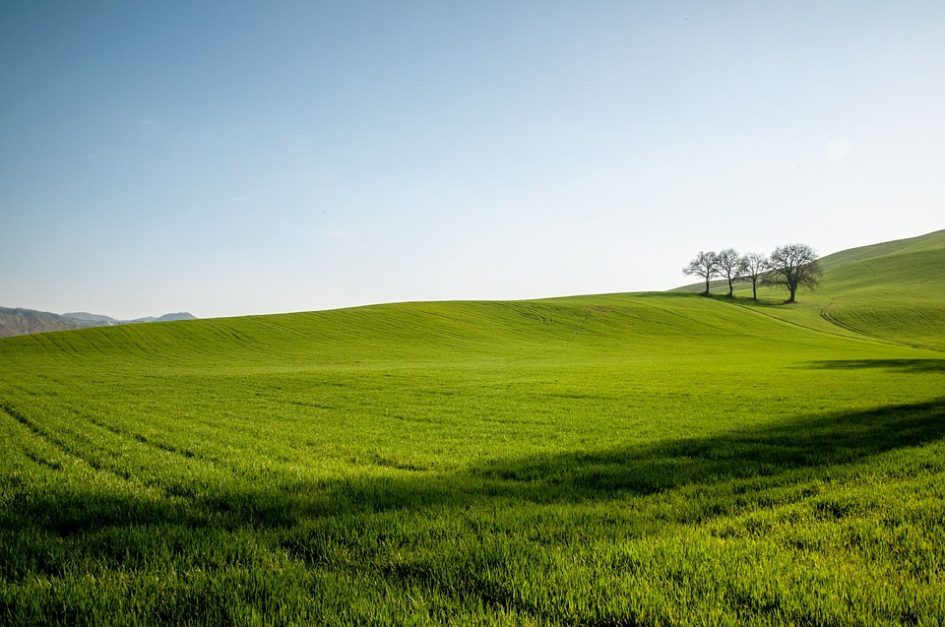Job Type: Student / postdoc
Salary Details: $26,000/yr plus tuition and benefits
Deadline: Oct 12, 2023
Background:
Carnivore populations, particularly wolves, have been recovering and reclaiming recently unoccupied habitat, with a corresponding increase in the intensity and frequency of livestock depredations. While there are many potential tools and strategies available to livestock producers and land managers, there is little research on how they influence livestock behavior or rangeland ecology. This project, funded through the Warner College of Natural Resources Hatch Program, will evaluate direct and indirect impacts of various predation deterrent devices and practices on livestock and rangeland ecology.
Project Description:
The Yovovich Lab in the Department of Fish, Wildlife, and Conservation Biology at Colorado State University is seeking motivated applicants for a PhD project focusing on indirect impacts of livestock-carnivore conflict prevention on rangeland ecology. The overall project goal is to better understand how carnivores directly and indirectly influence livestock behavior, and how those dynamics influence rangeland ecology to help ranchers understand and manage the interactions and rangeland implications. The successful applicant will design their dissertation to achieve the following project objectives:
- Determine livestock behavioral responses to carnivore predation deterrents and practices on rangeland sites across Colorado.
- Measure whether changes in livestock behavioral responses lead to changes in rangeland ecological health and productivity.
- Develop an agent-based model to simulate the relationships between deterrent-induced changes in livestock behavior and consequences for rangeland ecology.
- Generate a strategic framework to minimize and mitigate unintended range management consequences of utilizing carnivore predation deterrents and extend that framework to livestock producers throughout Colorado and beyond.
This highly collaborative project is a partnership among members of the Dept. of Fish, Wildlife, and Conservation Biology; CSU Extension; the Dept. of Forest and Rangeland Stewardship; the National Wildlife Research Center; and the Dept. of Human Dimensions of Natural Resources. The student will spend considerable time in the field, as well as working with ranchers and project partners within and external to CSU.
Qualifications:
Candidates from underrepresented groups in STEM are strongly encouraged to apply. Applicants must possess an M.A./M.S. in rangeland ecology, range science, wildlife biology, ecology, environmental studies, or a related field. Applicants should be highly motivated with a strong work ethic, demonstrated experience analyzing data in R, experience with statistical analyses, and well-developed oral and written communication skills. Competitive candidates will demonstrate experience conducting independent research, and presenting research/extension. Applicants must have the ability to work well with people who may hold differing views from their own and have a strong ability to communicate well with diverse stakeholders. Successful applicants will demonstrate capacity to work in a team-oriented environment, to learn new analytical skills, and experience conducting fieldwork and problem-solving in remote settings. Applicants must also possess a valid driver’s license.
Compensation:
Students will be supported (stipend, tuition, and health insurance) on a combination of research assistantship for 2.5 years and an additional semester of teaching assistantship (for 3 years of secured support for a 4 year program) through the WCNR Hatch Program. The student will apply for additional funding to supplement the project and develop their grant-writing skills.
To apply:
Please send a single document (e.g., a Word or pdf document) that includes: 1) a cover letter, 2) a brief writing excerpt (1-2 paragraphs from a publication, class writing assignment, etc.), 3) a CV, 4) unofficial transcripts, and 5) contact information for three references (no letters needed yet). The name of the document should be titled YourName_PhDapplication2024. This file should be sent to Dr. Veronica Yovovich (v.yovovich@colostate.edu), with “Spring 2024 graduate student position” in the subject line. Please submit application materials by October 12th, 2023, applications will be reviewed as they arrive, so applicants are encouraged to apply early.
Start date: Spring semester, January 2024

